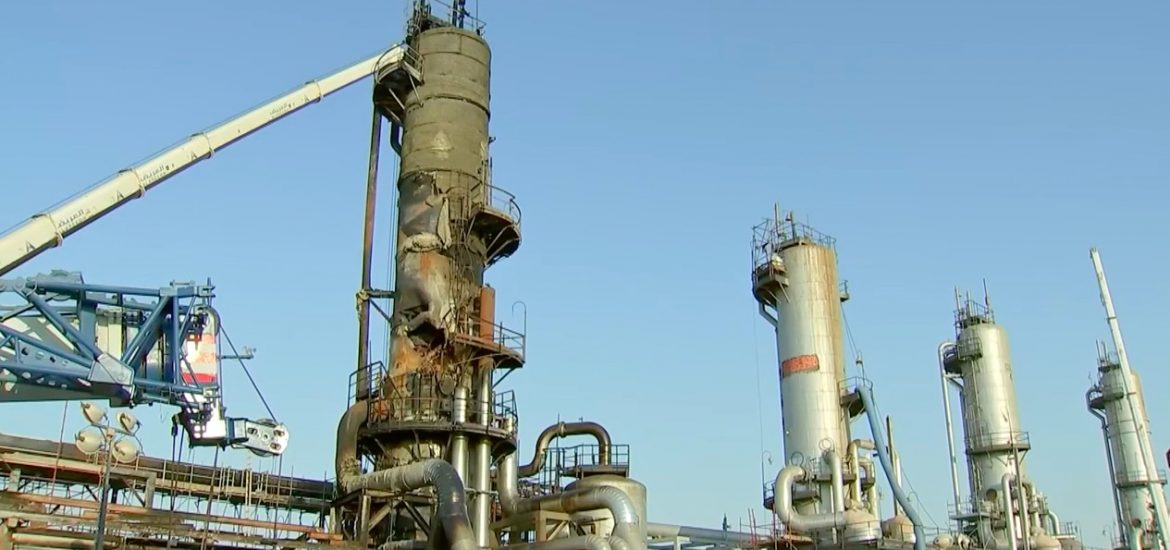The recent record-breaking share sale of Saudi Aramco, the world's largest oil producer, sheds light on the intricate interplay of war, money, and the strategic importance of oil. The offering, which raised a staggering $11. 2 billion, highlights the kingdom's desire to diversify its economy while capitalizing on a surge in global energy prices fueled by the ongoing conflict in Ukraine.
The timing of the sale proved fortuitous for Saudi Arabia. Russia's invasion of Ukraine disrupted global energy supplies, sending oil prices skyrocketing. This windfall presented a unique opportunity for the kingdom to raise significant capital through Aramco's shares. The offering attracted significant interest from international investors, particularly from the US, UK, Hong Kong, and Japan. Notably, over half of the shares were allocated to foreign entities, exceeding initial expectations. This robust international participation reflects a renewed global interest in Aramco, a company long considered the crown jewel of the Saudi economy.
The Aramco sale serves a dual purpose for the Saudi government. The proceeds will undoubtedly contribute to the kingdom's ambitious Vision 2030 plan, a multi-trillion-dollar initiative aimed at reducing dependence on oil and fostering economic diversification. By attracting foreign capital, Saudi Arabia hopes to accelerate investments in renewable energy, technology, and other non-oil sectors.
However, the geopolitical landscape casts a long shadow over this economic maneuver. The Aramco sale can be viewed as a strategic move by Saudi Arabia to strengthen its position on the global energy stage. With Russia's role as a major oil supplier diminished, the kingdom is well-positioned to fill the gap and solidify its status as a reliable energy partner for the West. This strategic alliance could potentially provide leverage for Saudi Arabia in future political negotiations.
While the Aramco sale presents an economic windfall for the kingdom, concerns linger about the long-term sustainability of its oil-reliant economy. The transition to a more diversified economic model will require sustained investment and a commitment to developing alternative revenue streams. The success of Vision 2030 hinges on the kingdom's ability to navigate these challenges effectively.
The Aramco share sale stands as a testament to the enduring power of oil in the global economy. It also underscores the complex relationship between war, money, and the strategic calculations of nations. As the world grapples with an uncertain energy future, Saudi Arabia's Aramco stands poised to play a pivotal role.

